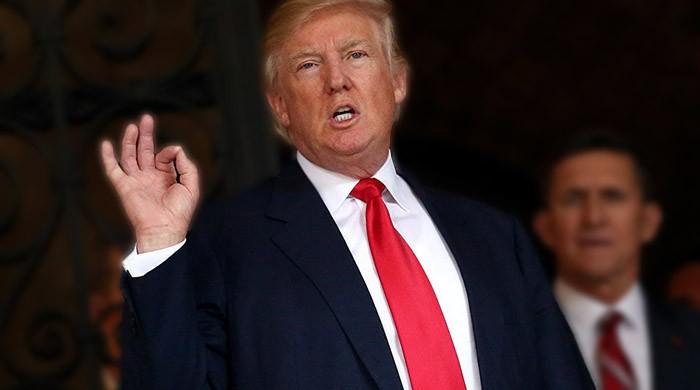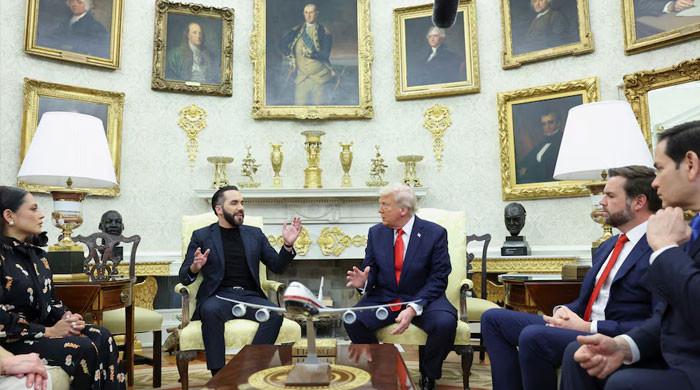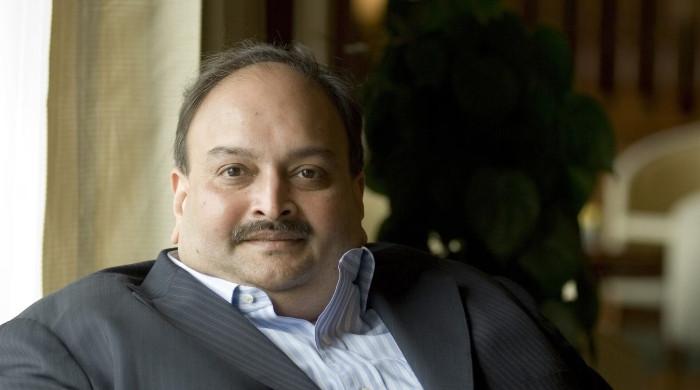BLOG: All talk and no play
With his controversial tweets and equally controversial executive orders, US President Donald Trump is on a 100-day roll. Given his penchant for chaos and disorder, most can be forgiven for...
February 16, 2017

With his controversial tweets and equally controversial executive orders, US President Donald Trump is on a 100-day roll. Given his penchant for chaos and disorder, most can be forgiven for thinking he plays by ear. He doesn’t. The man is a business tycoon, with interests all over the world. So how does his vision of the US economy fit in with his global business interests? The answer lies in his zero-sum approach, which basically means that Trump wants to maximize his gains that are equivalent to the loss of others. By abandoning the Trans-Pacific Partnership and demanding a renegotiation of NAFTA, it may seem that he wants to take America back to pre-Monroe Doctrine times but that’s just the first phase of his long-con which is to lay the ground for actual deception.
With his first 100-days of chaos in office Trump hopes to establish a solid footing not only with his populist voters who want to see ‘America Great Again’ but also with those on the fence. His radical moves so far were bound to be challenged by the American establishment, the Congress and the judiciary, forcing him to take a step back on his presidential decrees. A shrewd businessman like Trump had to have seen this coming. So the only logical explanation would be that he plans to use this pressure to his favour and say “look, I tried to honour all my election promises but they didn’t let me go all the way”. Trump is already hinting at an 8-year presidential term and his next slogan will be “Elect me again and this time I will make sure there’s no one around to stand in my way to make ‘America Great Again’”.
In the meanwhile, his renegotiated trade deals will be hardly any different from the present ones because the US really can’t afford to shock-treat its economic woes. Americans have seen the results of such an approach during the 1930s Great Depression. Herbert Hoover’s protectionist policies, quite similar to those (initially) proposed by Mr Trump, were said to be the reason for his overwhelming re-election defeat in 1933 and also why the Republicans could not come to power again for the next 20 years.
With his recent U-turn on Taiwan, Israel and Nato, to name just a few, we know by now that Mr Trump has no qualms about going back on or significantly softening his stance on important economic and international issues. We will see a lot of such conformity from him in the near future. The wall with Mexico might get built but its actual implications may not be as severe as feared because even without the wall the level of security along the southern border is tighter than most US prisons and Trump is already tweeting about reducing the cost of the wall. Then there’s the backlash from Mexico, the top buyer of American corn. Mexicans are preparing to introduce a bill to buy corn from Brazil and Argentina instead. If such pressures are replicated US exports will start to recoil. Trump obviously knows this well and he’s simply using the hype to placate those who voted for him.
The US dollar rules the foreign exchange market, and with his business interests spread across the globe, even Trump can’t afford to overturn the apple cart. Trade protectionism would mean compromising US presence in emerging and frontier markets. Also, his business empire is vital for him, as evident by his lack of compulsions in using his office for personal gains. Just as the anti-Muslim ban included 7 countries where Trump has no business dealings, his quick backtrack over Taiwan under subtle Chinese threat indicates that he is willing to maintain the status quo for a chance to access pariah yet lucrative markets such as China and Russia; he does, however, need a smokescreen to alleviate possible domestic outcry over expanded trade ties with Beijing and Moscow. That’s where the Muslim-and-Immigrant boogie man could easily come into play.
For his first 100 days in office expect a lot more hot air.
Munazza Siddiqui is an Executive Producer with Geo News and Editor Jang-The Economist annual edition
Note: The views expressed in this blog are those of the author, and do not reflect the official policy or position of Geo News, The News or the Jang Group











